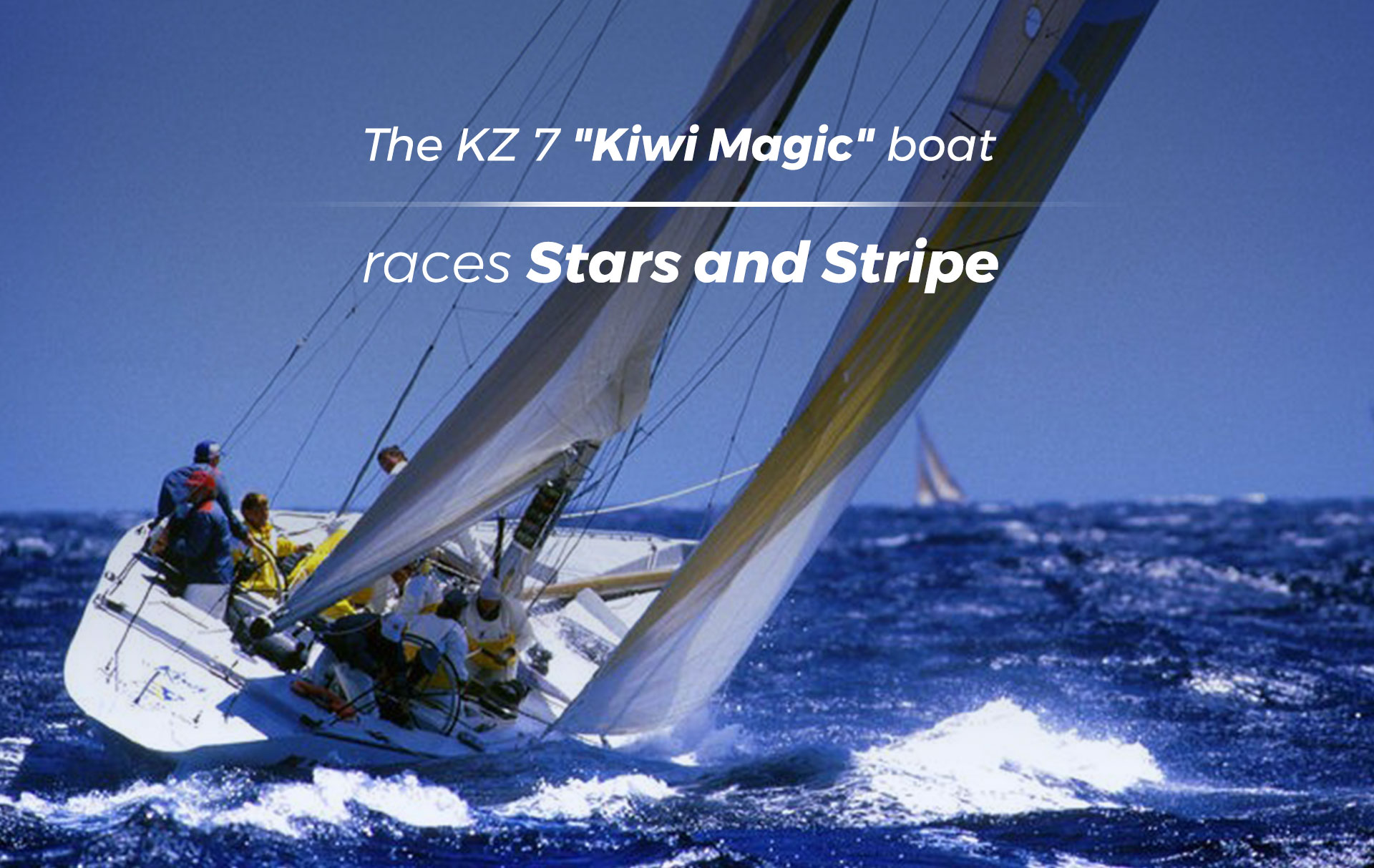How Team New Zealand Beat the Powerful “Stars and Stripes”
What determines the fastest sailing boat? And how did New Zealand win?
When they asked Sir Peter Blake, renowned New Zealand yachtsman, to be skipper of Team New Zealand, the word on the street was that, although he had been a superstar in his career —he was sunk before he ever sailed. He had about as much chance of winning against the hugely funded “Stars and Stripes” as a wingless kiwi had of flying over the Pacific Ocean.
Yet Peter Blake had one single guiding principle that we need desperately to embrace if we are to win in business and organizations. He would guide everything he did by the single question,
“What will make the boat go faster?”
Is that question important to you and your organization? To many organizations who compete in the marketplace it is a question of survival. Getting distracted by “what makes the boat more beautiful” for instance, can literally sink the ship.
Yachting is a traditional sport with long practiced ways of doing things and change is difficult. Trying to win against the Stars and Stripes in any kind of traditional way would not work. What could Peter Blake do in order to win against a powerful and established team like the Stars and Stripes?
What did Blake guide his team to do?
The New Zealand team began to rethink everything they knew about sailing and racing.
So often when we want to achieve a difficult goal—like being the underdog in the race—we do what we’ve always done, harder and faster. In order to change to a winning strategy, you can benefit by walking through the way you’ve always used to achieve your organizational goals. Get a group together to ask what in our process is unnecessary and holds us back? Get another set of trained eyes and different mind sets. They will help you see the obvious and create new and better ways of doing things.
They took a look at the equipment and tools they were using.
The Philistines, the powerful ancient people who dominated the Israelites, won with a giant named Goliath, and his protection was his size, strength, and armor. Still a lad, later to be King David, had a sling shot and stones gathered from the river. We think of the miracle as being a young boy who defeated a giant, but the miracle was in his use of tools, much more effective than Goliath.
Peter Blake changed the equipment and tools the team used in gamechanging ways. He lowered weight in the boat, used equipment in innovative ways, and improved sale function.
The Team Composition and Training Changed.
The composition of Blake’s team changed in the course of preparing for the competition. The way the team trained and prepared also changed. In the case of Blake’s team, even the crew’s comforts were looked at through the lens of whether it would make the boat go faster.
When you announce that your central and only goal is “making the boat go faster,” you’ll immediately find that some in your organization won’t agree with that goal—they signed on for the water’s view and the breeze. Only team members that share the vision of making the boat go faster will want to remain on the team. Others will be open to developing the personal skills and team attitudes to make the boat run faster. And some will decide they’d rather be sun-bathing—it’s their choice.
Team New Zealand Didn’t Improve Everything—They Focused on Issues that Increased Speed.
On a racing yacht, literally hundreds of factors determine speed—piloting skills, sails, boat design, crew organization, and a myriad of other details. We don’t have to nor can be possibly change everything—just the things that most influence speed—add enough of those changes together and you’ll win against others who haven’t addressed those issues.
The New Zealand team won by less than 40 feet in the end. Change the things that make the most difference. Organizations sometimes optimize other things, spending huge resources of time and money on issues that don’t contribute to the speed of the boat. The results of Team New Zealand’s focus were not only back-to-back America’s Cup wins in 1995 and 2000, but the realization of real team spirit, alignment, and focus.
What will make your boat sail faster? For your team or function, what are the one (or two) most critical objectives, that unless delivered will hinder the delivery of all the other objectives and the overall strategy? Identify those factors and you can make the boat sail faster—and succeed in your career and organization.
What, in other words, is the equivalent of the question: What will make the boat go faster?






